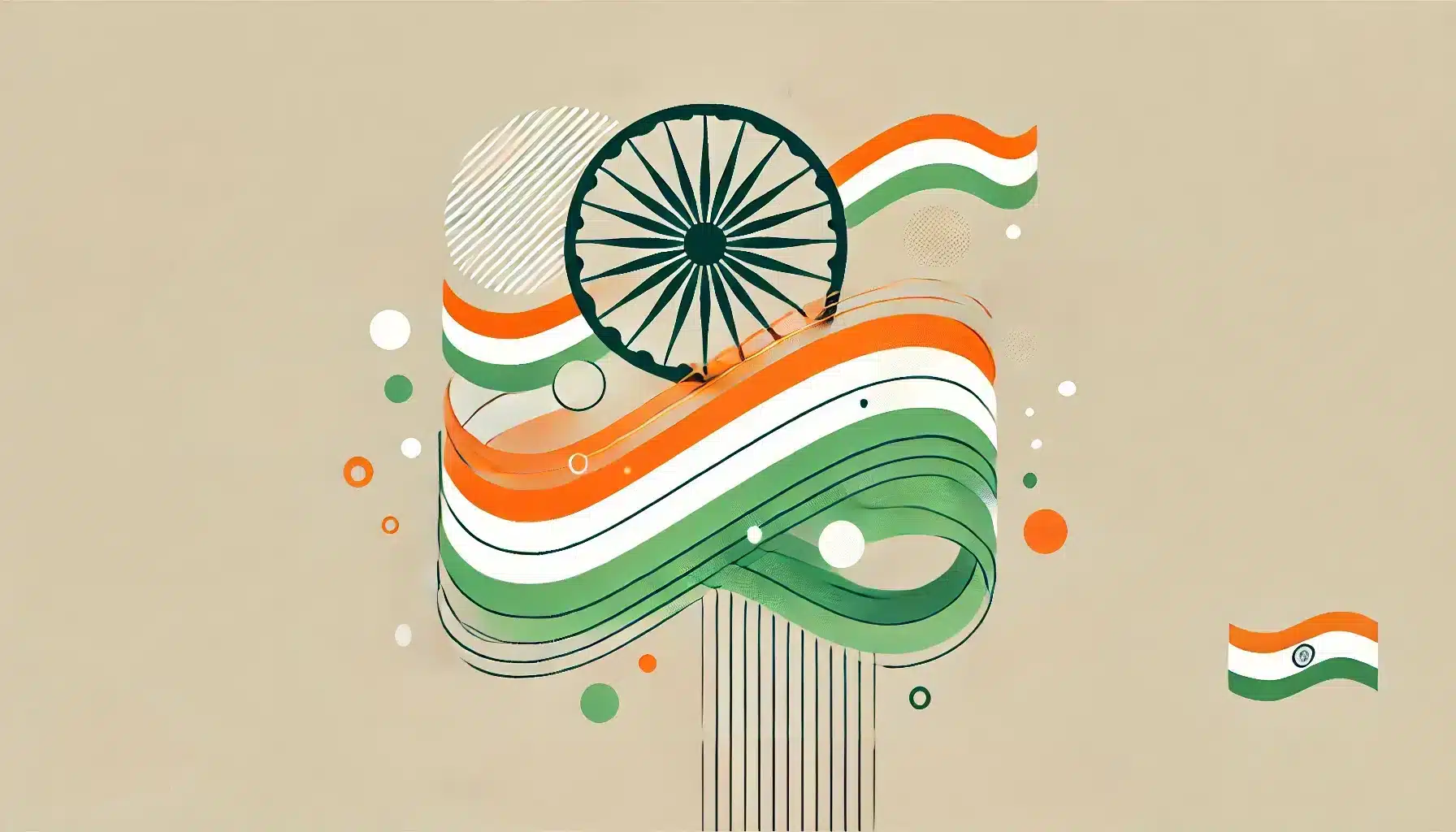What is Republic Day?
Republic Day, celebrated annually on January 26 in India, is one of the country’s most significant national holidays. It commemorates the adoption of the Constitution of India in 1950, marking the country’s transition from a British Dominion to a sovereign republic. Republic Day reflects India’s democratic values, unity in diversity, and commitment to equality and justice.
The day is celebrated with grand ceremonies, parades, and cultural events across the nation, symbolizing national pride and honor.
History and Origin
The origins of Republic Day lie in the drafting of India’s Constitution after its independence from British rule on August 15, 1947. The Constituent Assembly, under the chairmanship of Dr. B.R. Ambedkar, was tasked with framing the constitution. After nearly three years of deliberations, the assembly adopted the constitution on November 26, 1949.
The date January 26 was chosen for its historical significance, as it marked the anniversary of the Purna Swaraj (Complete Independence) resolution passed in 1930 by the Indian National Congress. The Constitution officially came into effect on this date in 1950, replacing the Government of India Act, 1935, and establishing India as a democratic republic.
Who Celebrates Republic Day?
- Indian Citizens: Celebrate the day with flag-hoisting ceremonies, parades, and cultural programs.
- Government Institutions: Organize official events, including the grand parade in New Delhi and award ceremonies.
- Schools and Colleges: Host patriotic activities like essay competitions, dances, and skits to instill pride among students.
- Indian Diaspora: Mark the day with community events and cultural programs abroad.
- Armed Forces and Police: Participate in parades and receive honors for exemplary service.
Themes and Slogans
Republic Day revolves around themes of democracy, justice, and unity. It highlights the progress of the nation, the importance of its constitution, and the contributions of its citizens to uphold democratic values.
Slogans such as “Unity in Diversity,” “India: A Nation of Vibrant Democracy,” and “Celebrating Freedom with Responsibility” capture the spirit of the day. These themes remind citizens of their collective responsibility in building a strong and inclusive nation.
Colors, Symbols, and Patterns
Colors:
- Saffron, White, and Green: Representing the Indian tricolor flag, symbolizing courage, peace, and prosperity.
- Blue: Reflecting the Ashoka Chakra, the wheel of law and progress.
- Gold: Signifying pride and achievements of the nation.
Symbols:
- The Indian Flag: Hoisted prominently during celebrations across the country.
- Ashoka Chakra: A central motif on the national flag, symbolizing progress and eternal movement.
- India Gate: Often featured in events, representing sacrifice and national pride.
Patterns:
- Traditional Motifs: Found in the tableaux displayed during the parade, highlighting the cultural heritage of various states.
- Geometric Designs: Reflecting the structured and balanced ideals of the constitution.
- Floral Decorations: Seen in garlands, rangoli, and tributes during the day’s celebrations.
How to Celebrate Republic Day
- Attend the Grand Parade: Watch the iconic parade at Kartavya Path in New Delhi, showcasing military strength, cultural diversity, and national achievements.
- Hoist the Flag: Participate in flag-hoisting ceremonies in schools, offices, and communities.
- Engage in Patriotic Activities: Take part in cultural programs, essay writing, and debates focusing on the constitution and democracy.
- Watch Televised Events: View the live broadcast of the parade and other national celebrations to experience the grandeur.
- Reflect on National Values: Use the day as an opportunity to learn about India’s constitution and the responsibilities of citizenship.
Most Used Hashtags
- #RepublicDayIndia
- #January26
- #IndianConstitution
- #UnityInDiversity
- #ProudIndian
Why is Republic Day Important?
Republic Day is a celebration of India’s identity as a sovereign, secular, and democratic republic. It marks the day when the constitution, embodying the principles of justice, liberty, and equality, came into force. The day is an opportunity to reflect on the sacrifices of the freedom fighters who laid the foundation of modern India and the vision of leaders who framed its democratic framework.
Republic Day also serves as a reminder of the responsibility every citizen holds in upholding constitutional values and contributing to the nation’s progress. From grand parades to grassroots celebrations, the day unites the country in a shared sense of pride and commitment to democracy.
Features
January 26: Republic Day (India)
Why do you keep falling for the same type?
Read the article Lovemaps: the hidden blueprint of our love.
Did you not find what you were looking for? Let me help you find more.

